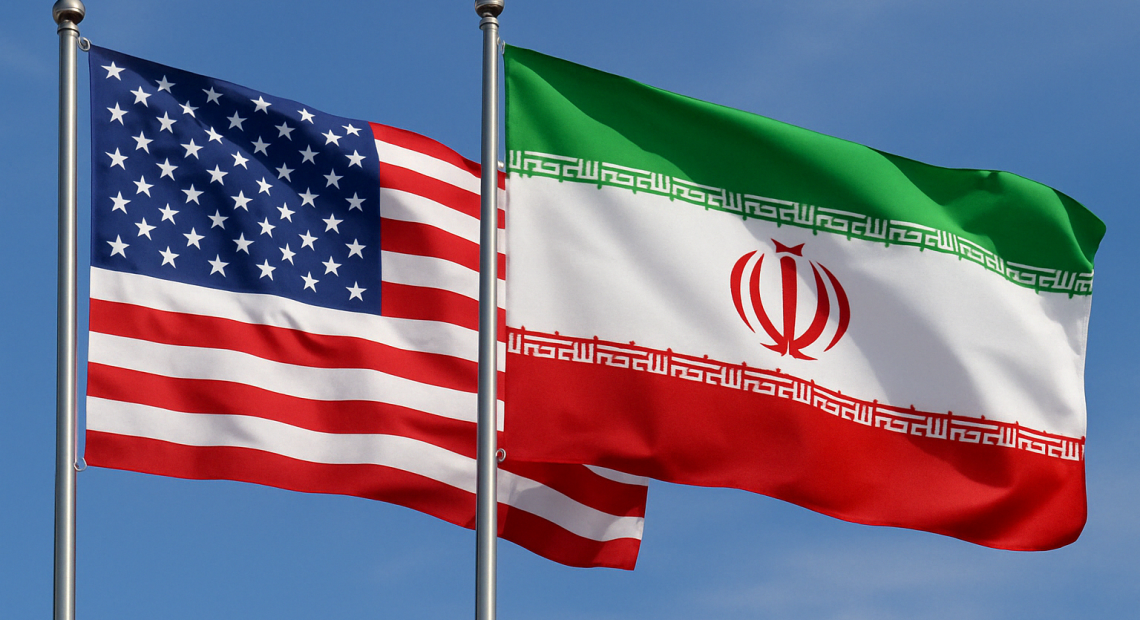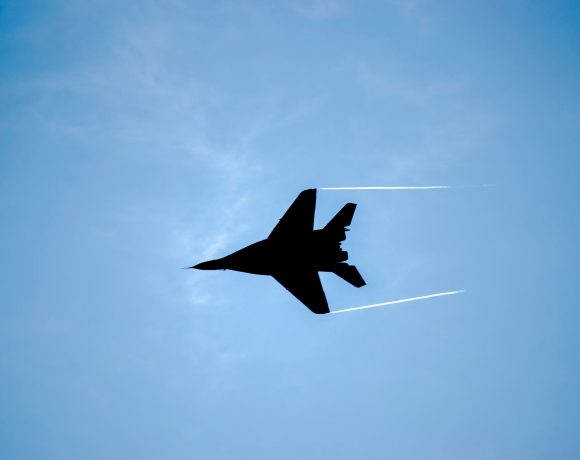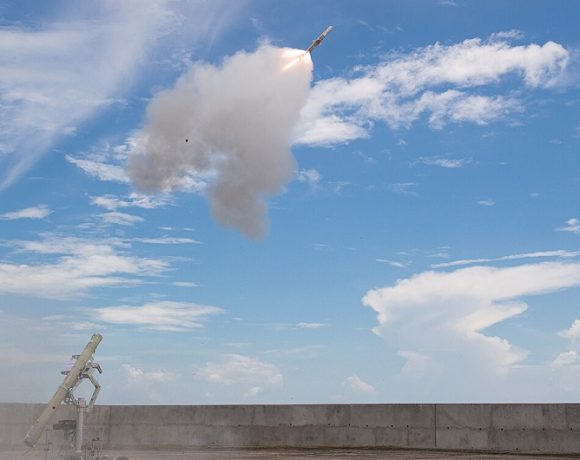
Iran Hits Back After Israel Strikes Airports, Warns U.S. Crossed Red Line
Tensions in the Middle East have escalated dramatically after Iran launched retaliatory strikes in response to Israeli air raids on six of its airports. The action came shortly after the United States conducted heavy airstrikes on Iranian nuclear facilities, prompting Tehran to accuse Washington of crossing a “very big red line.”
The targeted Iranian airports, spanning western, eastern, and central regions, suffered significant damage, with air traffic operations disrupted. In response, Iranian forces fired a series of missiles and drones toward Israeli territory, triggering warning sirens in cities like Jerusalem, Ashdod, and Lachish. Residents were instructed to seek shelter as explosions rocked several areas.
Iran Warns of Severe Consequences
Iranian Foreign Minister Abbas Araghchi condemned the U.S. airstrikes on nuclear facilities and stated that the actions had “crossed a very big red line.” He asserted that Iran would respond decisively once the current wave of what he called U.S. and Israeli aggression subsides. Iran’s armed forces have been placed on full alert, and its leadership has warned that further provocation will result in even more forceful retaliation.
The declaration effectively shut the door on ongoing diplomatic efforts and signals a hardened posture by Tehran. According to officials, Iran’s missile response marks only the first phase of its planned countermeasures.
Israel Targets Infrastructure
Israel’s initial strikes focused on six airports believed to be part of Iran’s military logistics network. Though not officially confirmed, satellite imagery and ground reports indicate runways and support facilities were among the primary targets. These strikes were reportedly carried out with precision munitions and coordinated alongside U.S. surveillance intelligence.
The Israeli government has maintained that its actions were preemptive, citing credible threats emerging from Iranian territory following the U.S. operations.
Global Concerns Mount
Global markets have reacted with concern. Oil prices surged on fears of supply disruptions, particularly if the Strait of Hormuz—a critical energy chokepoint—is affected. Diplomatic efforts by the European Union, China, and Russia are underway to prevent further escalation, though there is growing pessimism over the prospects of de-escalation.
The United Nations has called for restraint, urging all parties to avoid actions that could spiral into a broader regional conflict. However, with red lines crossed and rhetoric intensifying, the path to diplomacy appears increasingly narrow.


















